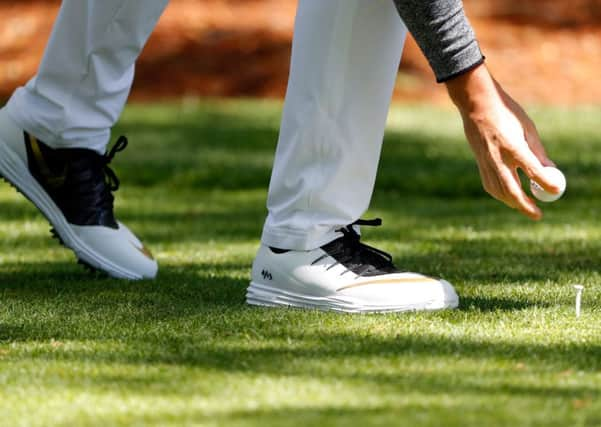More golfers quit game in Scotland than anywhere else in Europe


The Golf Participation Report for Europe 2017 also claims that the home of golf saw the highest number of courses close during the same period.
While acknowledging that participation remains strong, the report, which examined current demand and supply trends in the golf industry across Europe, makes for disturbing reading from a Scottish perspective at a time when there was overall growth.
Advertisement
Hide AdAdvertisement
Hide AdThe statistics published by KPMG show that there were 192,533 registered golfers in Scotland in 2016, a fall of 6,711 from the 199,244 recorded 12 months earlier. That drop, which constituted 3.37 per cent, saw Scotland join the Czech Republic as being the only two countries to lose more than 2,000 golfers, the figure for the latter being 2,034.
The report also claims that Scotland lost 19 courses during the same period, which was the most of any European country. That, according to the statistics, left Scotland with a total of 578 courses, equating to an average of 333 registered golfers per courses.
Across Europe, the number of golfers over the period covered by the report increased by two per cent to 82,584, with England seeing its numbers go up from 665,103 to 694,623 – a rise of 1.27 per cent.
“Our research demonstrates that the number of registered golfers showed a slight increase while the supply of golf courses declined by 28 courses (24 openings and 52 closures),” said KPMG global head of sports, Andrea Sartoti.
“Forty-six per cent of European countries surveyed experienced a growth in participation rates, 35 per cent showed stability and in 19 per cent of the countries surveyed demand declined.”
In response to the survery, Scottish Golf said its current stats – for 2016 – show a one per cent decline overall in membership but an increase in female membership. The number of clubs currently affiliated to the governing body also stands at 587.
“Clearly our new strategy is designed to deliver growth into the game to address these numbers,” said Scottish CEO Blane Dodds. “This will be voted on by shareholders at our Special General Meeting on 2 December.”